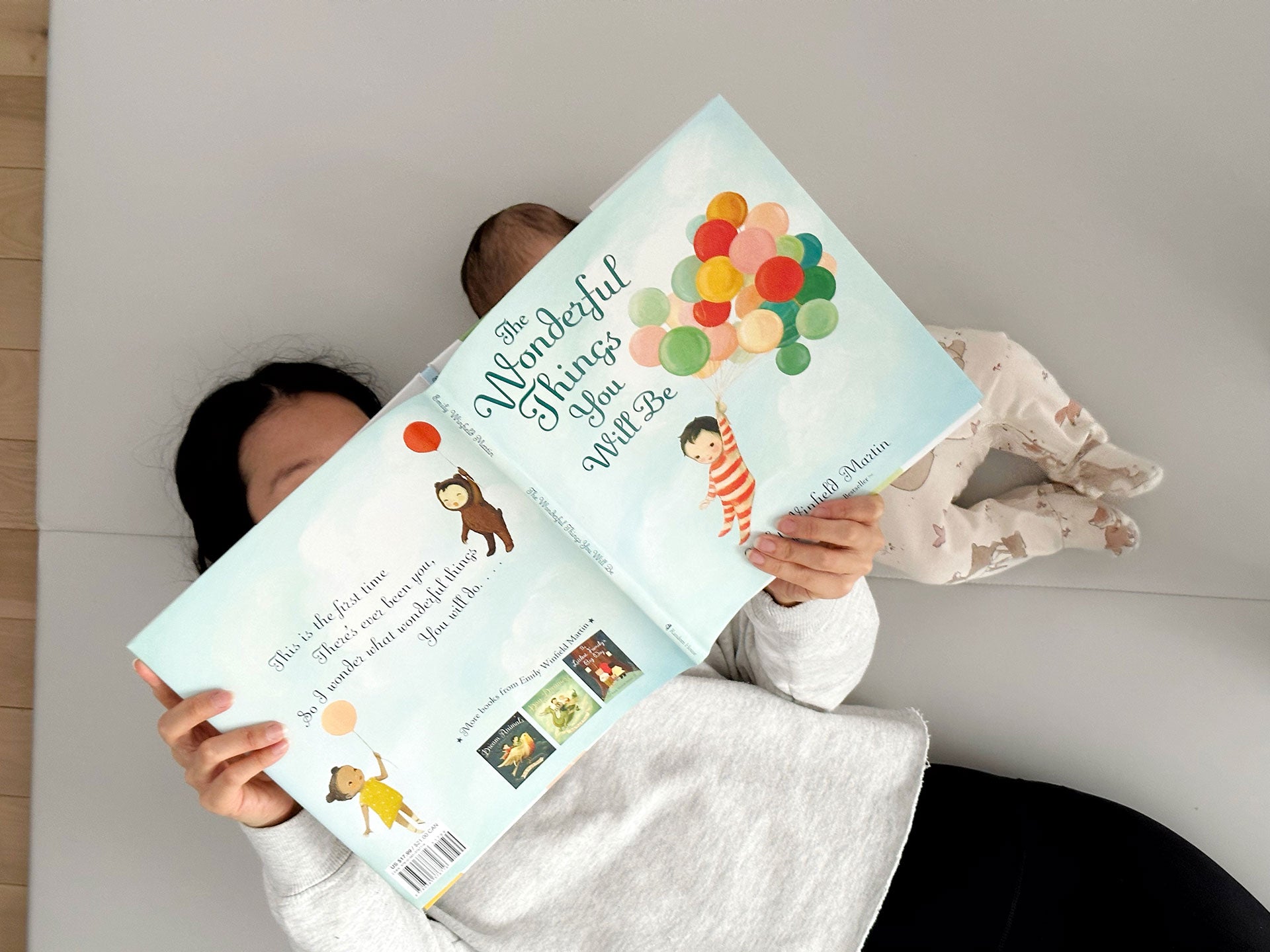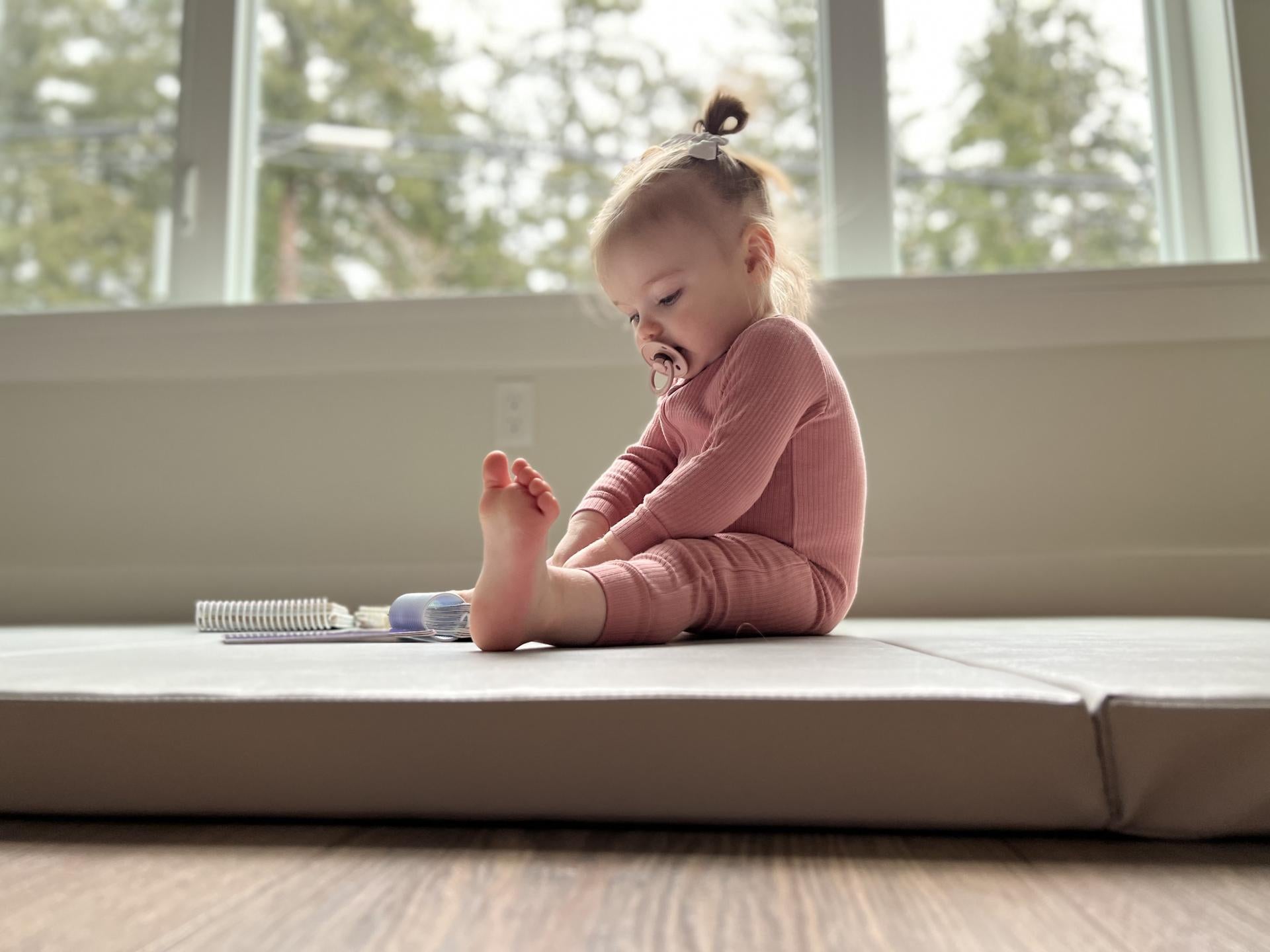
The Newborn Stages: The Differences Between Newborns, Infants & Toddlers
Children grow up faster than we often realize. Each time a parent or caregiver blinks, it seems like their little one has evolved from one age milestone to the next — with each bringing new, exciting developments. From the early days of a newborn to an energetic and curious toddler, the varying stages of childhood bring their own set of transformations.
As parents and caregivers watch their little ones grow up, they may question whether their child is reaching certain milestones at the correct times. The reality is that each child is unique in their development, but it can be helpful to know what to expect as they enter their newborn, infant, and toddler stages.
The Newborn Stage
From the moment they leave the womb, your child’s newborn stage has begun. Those first weeks of their life are one of the most significant stages of their early development, where they learn to adapt to a new environment. In this stage, skin-to-skin contact is recommended to help kickstart the bonding stage between parent and child. In the weeks to follow, newborns require a heightened level of dependence and attention from their caregivers as their brains learn to identify sounds, smells, and new experiences.
Tummy Time
In those early stages of development and growth, newborn tummy time is one of the most effective ways to help your little one learn to strengthen their neck, shoulder, and arm muscles. This is the first step to sitting up, crawling, and eventually, walking. As they learn to improve their motor skills, they can venture into the next step — rolling over.

Rolling Over
After months of tummy time exposure, the next step in the newborn journey is rolling over. If you’re wondering when should babies roll over, you can expect this milestone as early as four months on average — starting with a side-to-side rocking motion which is the base for being able to roll over onto the other side. You may also notice your little one rolls over from their tummy to their back, and often, by six months, they’ll be able to roll over in both directions.
Newborn Teething
Knowing at what age babies start teething can help parents prepare for this stage in their little one’s development. Teething can begin as early as three months, with the first tooth making an appearance between four and seven months.
Teething can be an uncomfortable new experience for newborns. Cold teething rings, biscuits, or rubbing their gums with a clean finger are ways parents can help alleviate some of the discomfort. Be sure to keep their mouth and chin area clean from drool, which will help prevent rashes from forming.
The Infant Stage
The infant stage is all about the senses. While infancy is often used in the same breath as newborn, infancy continues to develop until babies reach their first birthday. During infancy, your little one is learning to reach, roll over, notice colours and objects, and develop additional fine motor skills.
Developmental Aids
As infants explore tummy time, rolling over, and eventually pulling themselves up to sit and crawl, having developmental resources at your disposal is a great way to facilitate a safe environment for them to reach these milestones. Having an infant play mat in place sets the scene for these precious moments to occur.

As they continue to develop motor skills, having a baby playpen to surround the play mat helps keep their adventures contained while still giving them the freedom to explore the area, play with toys, and engage with their parents.
The Toddler Stage
After your little one has celebrated their first birthday, they’ve officially entered the toddler stage of their young lives. The toddler stage is all about being on the go and a desire for more independence and curiosity.
What to Expect
Once your little one has graduated from infant to toddler, you’ll start to see a range of new developments and changes in their motor and cognitive abilities. The toddler stage is the start of your child learning to walk on their own, kicking and throwing sports balls, climbing, and sorting shapes and colours.
You’ll notice how many more words they begin to speak, how they’re able to engage in make-believe, and how they’re able to play alongside other children their age. As they continue through the toddler stage, which is typically defined as one to three years old, they’ll begin to embrace these new skills at their own pace.

Toddler Tools
As your toddler begins to understand how to walk, run, and play with more advanced toys, having the right equipment and resources within their reach is important to encouraging and fostering these new developments.
To help develop their hand-eye coordination, use small soccer balls or plush balls and engage them in throwing and kicking them around their playpen or outside. For their motor skills, a baby climbing gym can help them learn to pull themselves up and develop their balance. To help foster their imagination, our soft archway door sets are designed for endless playtime possibilities and can be added to any playmat or playpen area.
Wunderkids for All Stages
Whether your little one is in their newborn, infant, or toddler stage, the right development tools can help foster their cognitive and motor skills.
At Wunderkids, we understand the importance of providing tools for parents in Canada and the U.S. to help their children learn and play in a comfortable, safe environment. We offer a line of play mats and toddler foam blocks designed to create that safe space. Each product is made with non-toxic and plush materials, to help your baby crawl or enjoy tummy time while you enjoy peace of mind.
Investing in quality-made newborn, infant, and toddler accessories not only helps them reach new milestones but also helps parents be an integral part of the memories to come.



